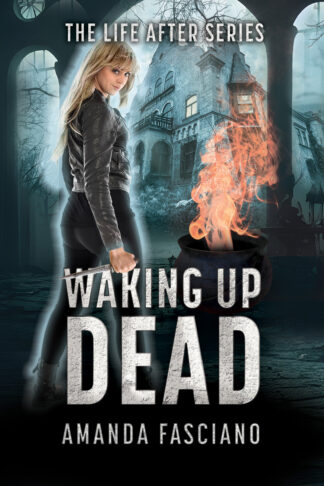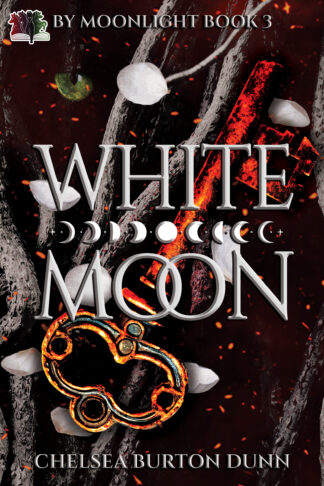
Whether you are new to the realm of publishing, writing your first book, or even launching under a pen name, the one element we often pain over is writing that Author Bio. No worries, 4HP has your back! Here are some things you should keep in mind to make this easier to write and maintain. Anytime you are asked for your bio, take a moment to look it over and freshen it up. It’s by far one of the most important introductory tools between an author and their readership. It’s okay to dive into your favorite authors and look at their bios and pick apart what connects with you and doesn’t work for you as a reader. So, let’s talk about making your own author bio with some simple questions and what they should be doing for you and your readers.
How Long Should A Bio Be?
There’s some art and marketing sense that needs to go into it. Every author should be keeping a GDOC or Document on their system with their bio written in three formats. The idea is to be concise and limit fluff while maximizing keywords. Here are three types of bios I’ve been asked for and recommend having ready:
- Long bio (300-350 words)
- Regular or Short bio (100-150 words)
- Snippet (50 words)
Having these prepared beforehand will make your life easier when you need to update them and meet all the social media, conference, and blogging needs. The most common one used is your regular or short bio of about 100-150 words.
What goes into a Bio?
You are trying to do a lot of things with a bio with a very small word count. The 100-150 bio is the backbone commonly used for book blurbs, about the author sections within your books, and serves as a foundation for the long bio and snippet. Here are SEVEN simple questions to amp up your bio and ability to increase marketing and searchability :
- Who are you and where do you come from?
- This is your pen name and where doesn’t mean you have to say Florida. Feel free to make something up, or if you’re a memoir or non-fiction writer, you can say, “I come from a long background in game development” or “A skin cancer survivor” as an instant way for someone to connect with you.
- What genre do you write?
- It may seem silly to announce this, but you do! You want the reader to have a clear expectation of what kind of stories to associate with your brand name. Often, authors have several pen names to differentiate between genres and readerships. Loyal readers are less likely to dive into a book in a disliked genre, and clarity can prevent confusion in your brand/genre, limiting unnecessary bad reviews. Declaring genre optimizes your ability to include keywords for SEO or Search Engines. Keywords will connect your brand with books and authors of a similar readership.
- Why do you write this genre &/or what are some favorite books that inspire your writing?
- Again, this is a great opportunity to connect with the right readership. Let’s be honest, we all geek out when an author has similar taste in books!
- What is something a little personal or a hobby you enjoy doing?
- It doesn’t have to be unique. There’s nothing wrong with saying you enjoy playing video games or binge-watching Supernatural on Netflix. It’s a chance to share a little of yourself without getting too personal.
- Is there anything you want readers to know about you or your books, or something you hope they gain from reading your work?
- Often this element is missing from Author Bios. Here’s your opportunity to make yourself and your books unique. You can let readers know how you craft your writing, what kind of research you do, or using Question 3 and 4, WHY those books and WHY that hobby.
- Are you active in your local writing community, or have you won awards?
- I call this the closer. Most authors tend to place this first in the bio, but I find it has a better hit on the back end. If the readers have gotten this far in your bio, now you’re about to close the deal with them liking you or having more confidence and faith in what they’ve read about you so far. For example, I mention I am “an award-winning fantasy author” to answer question 1, and by question 5, I have supported this with what I read, what I enjoy doing, and the fact I pack mythology and fantasy in my books. Now, with question 6, BAM! I won bronze in Mythology fiction in 2008 for my debut book. That says a lot! And it supports who you are and how well you do it. Other ways to close is to share community involvement, show that you’re passionate, whether you volunteer at the animal shelter or library, or even participate in NaNoWriMo for the last two/ten/last year, or host workshops online. This all adds agency to you as both a person and a writer.
- Where can we find you?
- This is more of a MUST HAVE for any author that wants to grow on social media, expand newsletters, and give readers better access to them. Here is where you list all the ways a reader can get in touch or keep up to date with you and your books. Some authors simply have a website link here ( www.willisauthor.com ) which in turn, has all the links and access to all the other social media and newsletter stuffs. It’s completely up to you whether to provide them with a link to your Amazon Author page, list all the social media, sign up newsletter link, or even just a Facebook page/group link. No matter what, your bio should be driving traffic and interaction by the end of it after convincing them how amazing you are!
Now Where Do I Put My Bio?
There’s a lot of places where you will find the bio helpful in your journey as an author. If you’re not sure where this crazy thing goes, here’s some ideas and commons uses to keep in mind as you craft your bio and fine-tune it to bestsell you and your writing:
- Author Bio Page on Website
- Description/Bio on Social Media Pages
- Amazon Author Page
- Back of every book you write as your Author Bio or About the Author Bio
- Back Cover of your book (More common for Non-Fiction and Memoir)
- Conferences and Conventions when they ask
- Book Blog Tours
- Author Interviews (Though I recommend shifting them to be more personal for each place that interviews you. For example, if this is with a paranormal website or magazine, you may want to add more paranormal related flair to the bio.)
- Press Kit or Media Kit (and include all three versions for optimal results)
- Email Signature (Seems weird, but this works well with snippet bio!)
- Introducing yourself online anywhere! (Forums, Social media takeovers, and more!)



